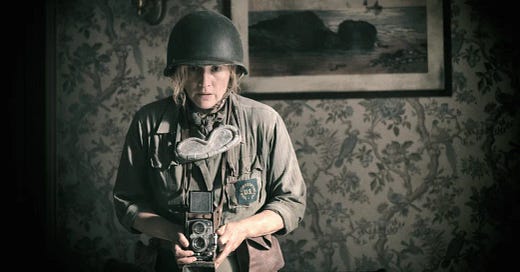'Lee' Is a Formulaic Biopic With Kate Winslet in Fine Form
The acclaimed war journalist's life is laid bare in a film that is far too basic
Keep reading with a 7-day free trial
Subscribe to The Film Maven to keep reading this post and get 7 days of free access to the full post archives.




